A few weeks ago, Fox News breathlessly reported that the embattled WikiLeaks operation was looking to start a new life under on the sea. WikiLeaks, the article speculated, might try to escape its legal troubles by putting its servers on Sealand, a World War II anti-aircraft platform seven miles off the English coast in the North Sea, a place that calls itself an independent nation. It sounds perfect for WikiLeaks: a friendly, legally unassailable host with an anything-goes attitude.
But readers with a memory of the early 2000s might be wondering, "Didn't someone already try this? How did that work out?" Good questions. From 2000 to 2008, a company called HavenCo did indeed offer no-questions-asked colocation on Sealand—and it didn't end well.
HavenCo's failure—and make no mistake about it, HavenCo did fail—shows how hard it is to get out from under government's thumb. HavenCo built it, but no one came. For a host of reasons, ranging from its physical vulnerability to the fact that The Man doesn't care where you store your data if he can get his hands on you, Sealand was never able to offer the kind of immunity from law that digital rebels sought. And, paradoxically, by seeking to avoid government, HavenCo made itself exquisitely vulnerable to one government in particular: Sealand's. It found that out the hard way in 2003 when Sealand "nationalized" the company.
For the last two years, I've researched the history of Sealand and HavenCo. I used the Wayback Machine to reconstruct long-since-vanished webpages. I dug through microfilm of newspapers back to the 1960s. I pored over thousands of pages of documents, only recently unsealed, from the United Kingdom's National Archives.
My findings have just been published in a new 80-page article in the University of Illinois Law Review, one called "Sealand, HavenCo, and the Rule of Law" (PDF). It tells the full—and very weird—story of how this micronation happened to be in the right place (the North Sea) at the right time (the late 1990s) to provide some cypherpunk entrepreneurs with the most impractical data center ever built. Here, I'll give the condensed version of the tale, hitting the important points in HavenCo's history and explaining what went wrong.
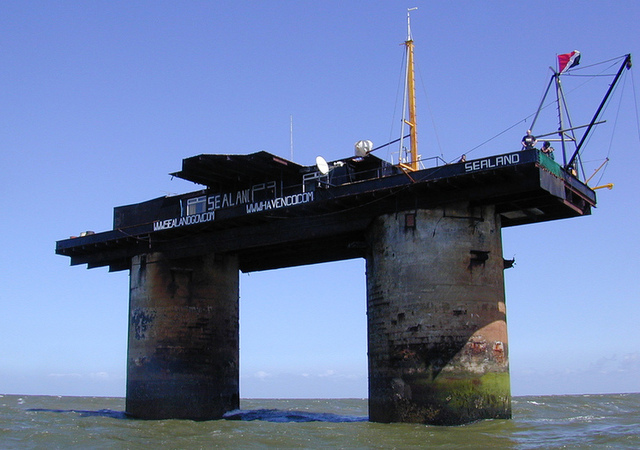
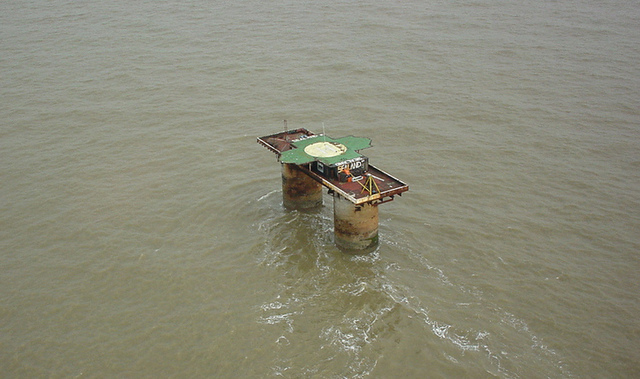
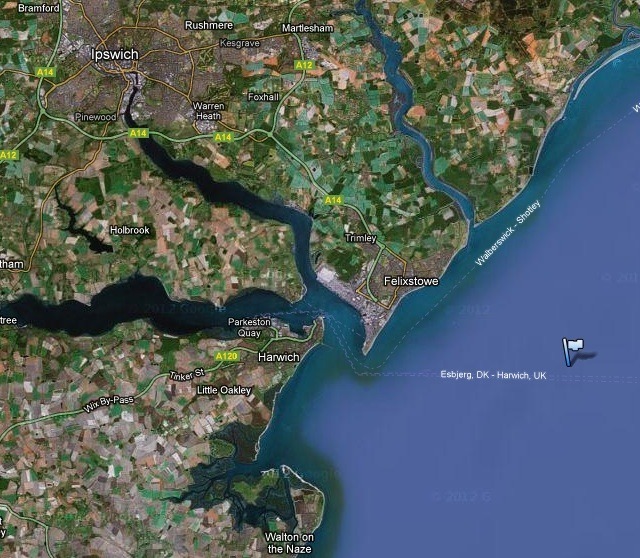
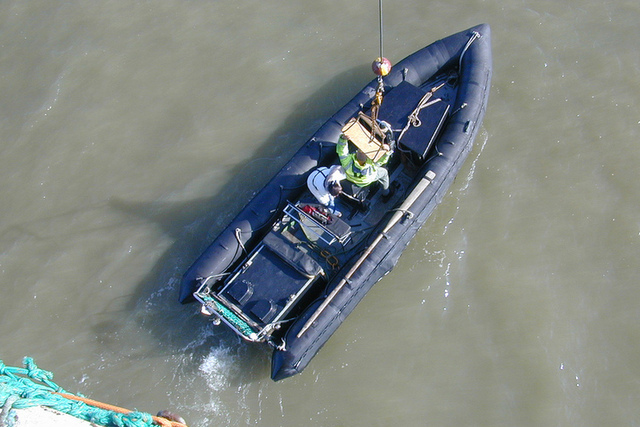


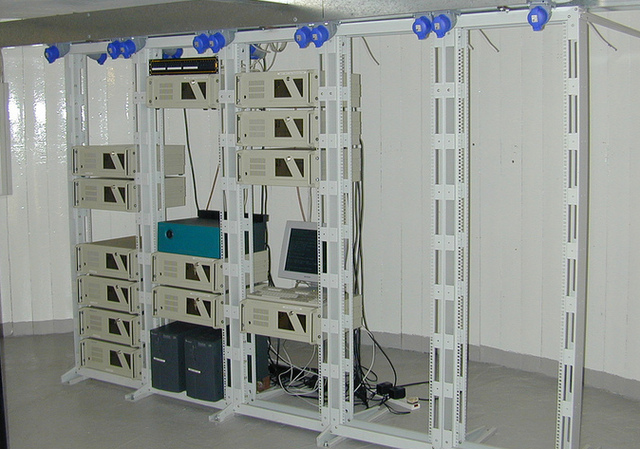
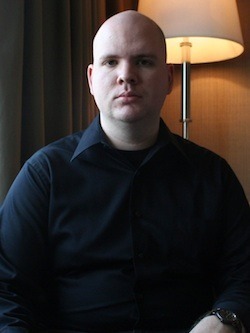
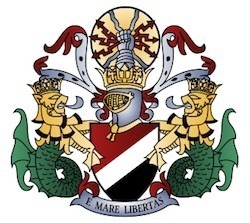
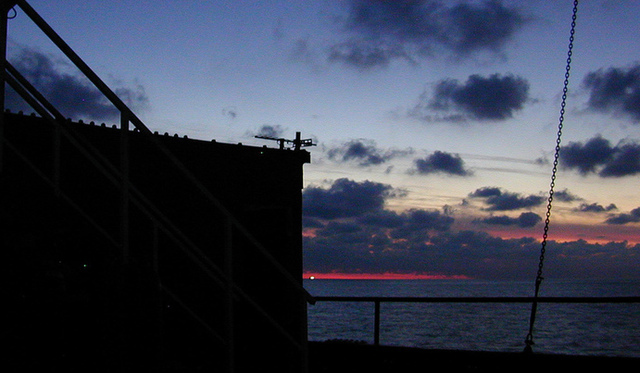
 Loading comments...
Loading comments...
